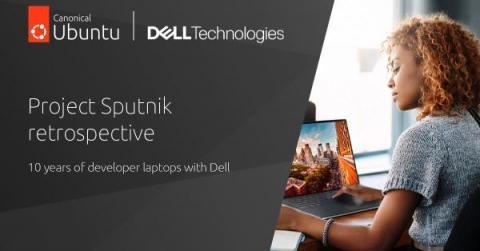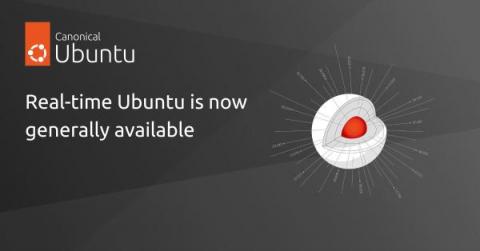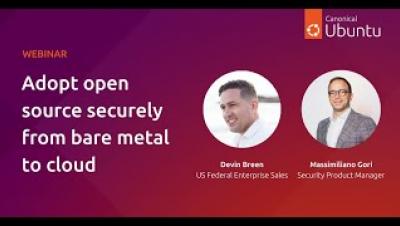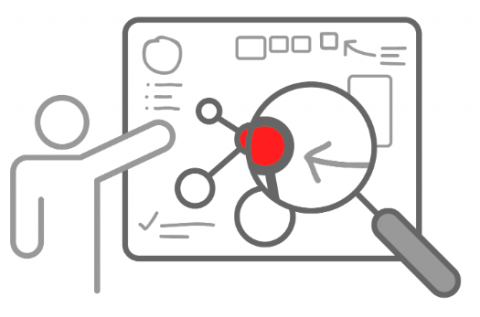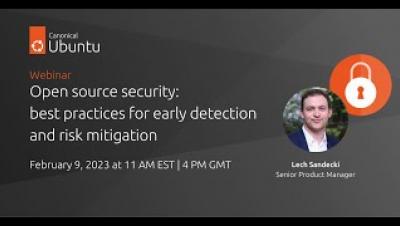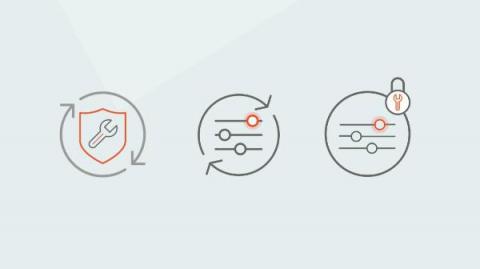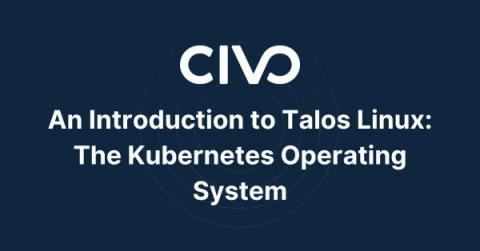Common misconceptions behind cloud migration failures
Migrating your workloads to the cloud can bring some undeniable benefits to your organisation. For example, you can leverage cloud automation to significantly improve your time to market. You can also benefit from the ever increasing number of cloud regions to place your workloads close to your clients. This improves the response time of your services and, as a result, your customers’ satisfaction.



